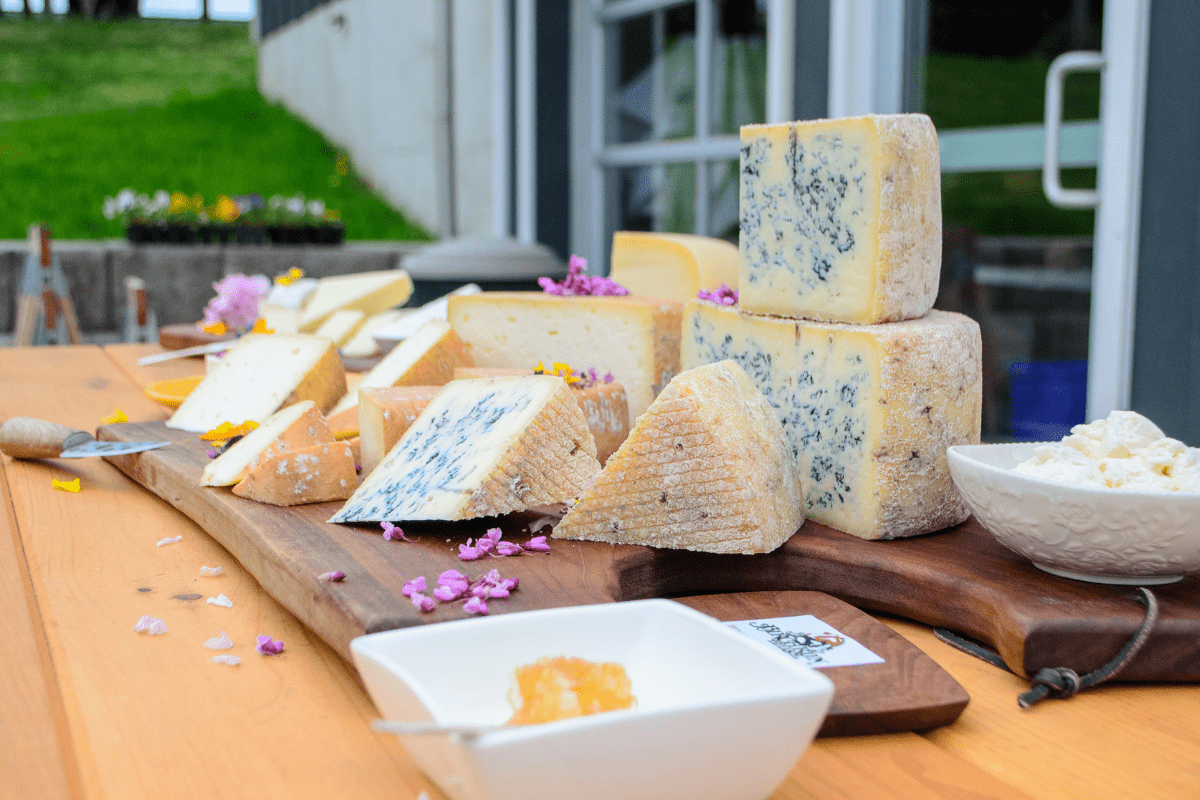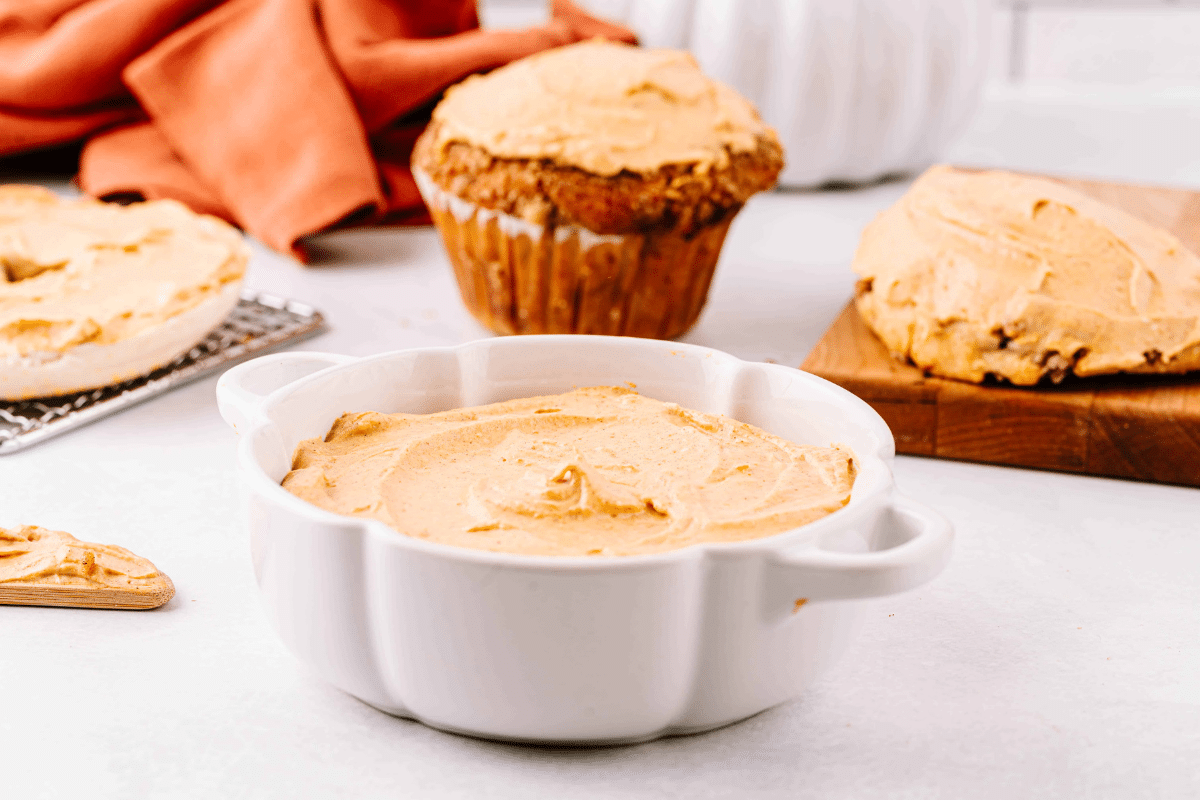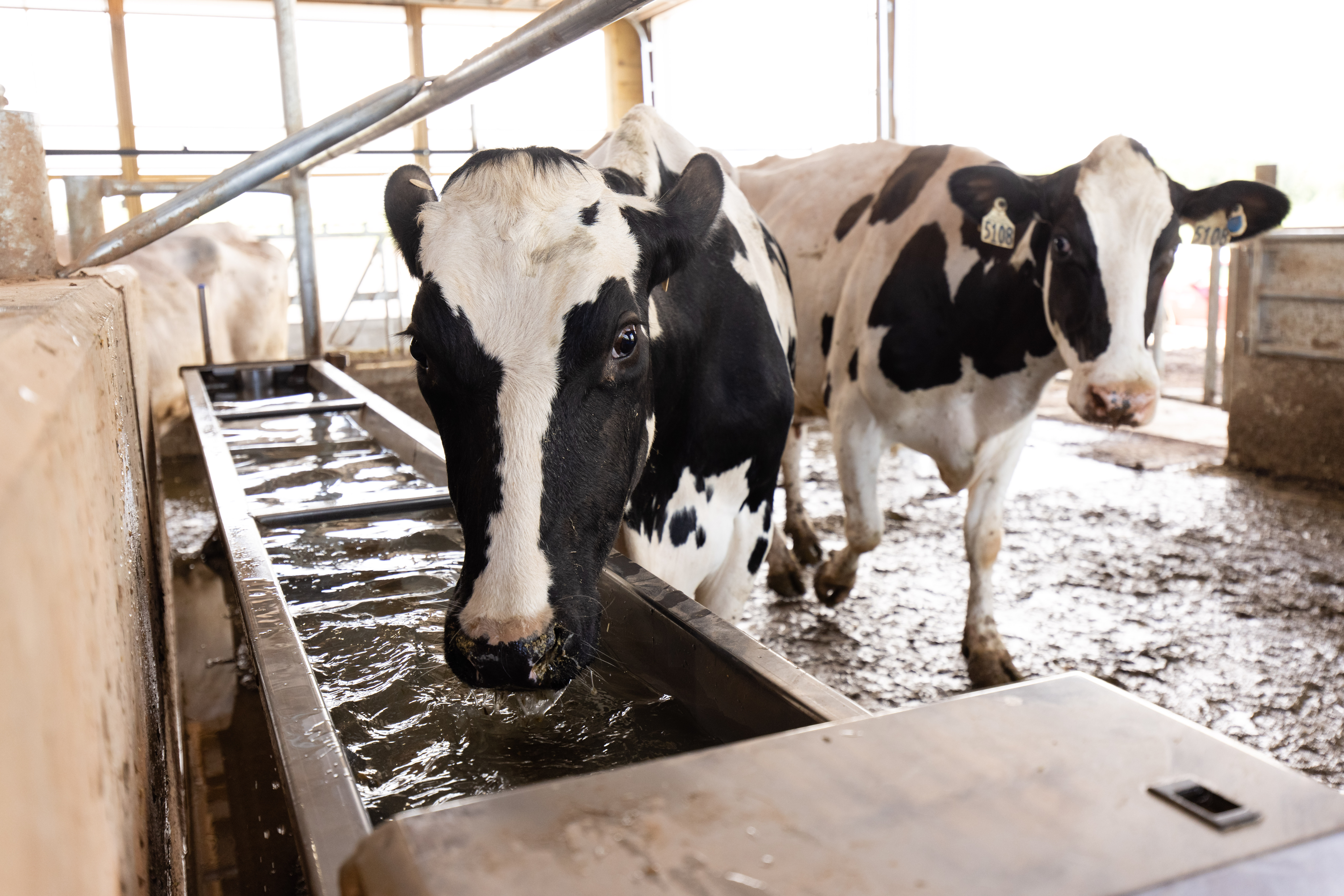Ask a dairy farmer what motivates them to wake up before sunrise and they’ll often describe how meaningful it is to feed people, care for cows, and protect the land where they live and farm.
But how do they do it?
Through purpose-driven actions that make dairy products good for you and good for the planet.
From investing in the latest technologies, working with environmental groups, learning ways to add value to their products and following the latest scientific research, dairy farmers continue to produce environmentally sustainable, nutritious foods that are accessible, affordable and enjoyed worldwide.
Across the Northeast, many dairy farmers are committed to these values. Here’s a look at some of the methods different farmers use to create nutritious food for families like yours while also caring for the Earth.
Water Recycling
Dairy farmers are serious about water conservation, and often recycling water up to four times for tasks like cleaning barns, washing cows and keeping them cool with sprinklers. Some farms also collect rainwater, like Vista Grande Farms in Pennsylvania, further reducing water usage and helping control runoff. Efforts like these by the dairy industry nationally have helped cut the amount of water needed to produce a gallon of milk by 30 percent between 2007 to 2017. Read more about how dairy farmers are safeguarding the planet here.
Locally Produced
Dairy farmers enjoy feeding their community. They’re proud to be part of the 2 percent of the U.S. population who produce the food that sustains the other 98 percent. Some dairy farmers process and bottle their own herd’s milk. Some craft farmstead cheese or make ice cream or yogurt. Chefs and restaurateurs, like Joe Beddia in Philadelphia, seek out the best local ingredients to create award-winning dishes. Chefs love using real dairy in their recipes because dairy adds flavor, nutrition, versatility and texture. Dairy farmers pride themselves in producing one of the world’s most wholesome and natural ingredients.
Waste to Watts
The U.S dairy industry is committed to reducing its carbon footprint—some dairy farmers are even converting manure into energy! Through methane digesters, which are closed tanks that break down manure and sometimes food waste, methane is captured and transformed into electricity or heat. This process helps farms cut fossil fuel use and lower greenhouse gas emissions. Methane digesters are one way to reduce dairy’s impact on the environment and climate change. Pennsylvania’s Reinford Farms and New York’s Noblehurst Farms are perfect examples.
Protecting Waterways
To protect local watersheds and keep our lakes, rivers and streams clean, some dairy farmers use techniques like planting trees and other deep-rooted plants along waterways on their farms. These natural barriers act as buffers that filter out runoff, reduce soil erosion and lower greenhouse gases. In New York, Stein Farms is committed to protecting Oatka Creek, a blue-ribbon trout stream, for fishing enthusiasts in their community. Many dairy farmers also work with environmental groups, like the Alliance for the Chesapeake Bay, to make sure their farming practices protect the environment and keep waterways clean.
Cow Care
Dairy farmers are very connected to their cows, and much of their time is devoted to keeping their herds healthy and content. Cows are fed high quality diets, sleep in comfort on sand beds, water beds, straw or other materials, and rest in temperature-controlled barns. Sprinklers and fans keep cows cool as temperatures rise and calves are dressed in jackets to keep them warm in the colder months. Many cows wear monitors so that farmers can keep track of their eating, sleeping and milk production. Beyond that, dairy farmers like Elizabeth Maslyn in New York, talk about how much they respect these beautiful creatures and take pride in loving and caring for their herds.
Caring for Communities
Feeding America estimates that 49 million people in American rely on food assistance. Even though dairy products are some of the most affordable and accessible foods, dairy farmers in the Northeast wanted to do more to help their communities. They banded together to start the charitable fresh milk distribution program called Fill a Glass With Hope® so that all families have access to fresh milk. Since 2015, dairy farmers have partnered with grocery retailers and food pantries to raise funds, donating over 36 million servings of milk to those facing food insecurity. Fill a Glass With Hope® will continue to serve food banks in New York, Pennsylvania, New Jersey, Delaware and Maryland for years to come.
These stories highlight some of the ways dairy farmers dedicate themselves to their cows, communities, and planet every day. You may not be thinking about dairy farmers when you pour cream into your coffee or savor a cheesy slice of pizza. And that’s okay! It’s all good. Because dairy is Good for You and Good for the Planet.




